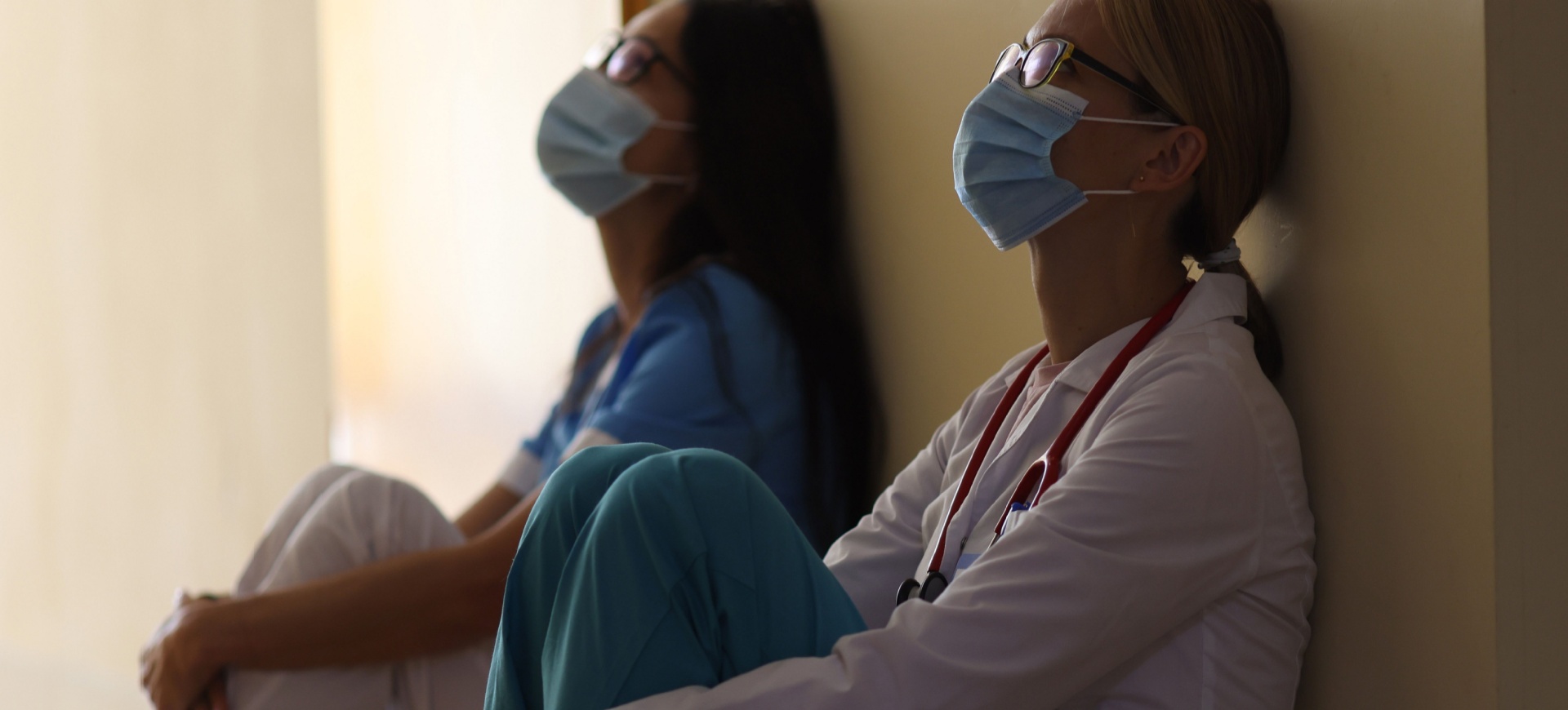Learning from our mistakes
The next pandemic is not a matter of if, but when, and we must learn from the failings of the global response to Covid-19. To this end, a new legally binding framework addresses how countries will cooperate, rather than compete, to counter the threat of a future pandemic
For many, the Covid-19 pandemic is already fading from memory, a bad dream that is disappearing into the mists of the past. After the suffering so many people endured, it is understandable that they want to move on, and there are many other crises dominating headlines and rightly demanding the attention of world leaders.
But we forget at our peril. History teaches us that the next pandemic is not a matter of if, but when. It may be in our lifetime; it may not come for another 100 years or more. But it will come. Local outbreaks and regional epidemics of deadly diseases happen all the time.
We must learn from the mistakes of the past and address the gaps in global health security that the pandemic exposed. The lack of coordination and cooperation among countries was one of the greatest failings of the global response to Covid-19. Countries became competitors, rather than cooperators, especially in seeking access to vaccines.
While the development of multiple safe and effective vaccines in such a rapid time was an unprecedented triumph of science, before a single jab reached an arm, high-income countries used their financial muscle to preorder most of the world’s supply – often ordering more than they might ever need – leaving lower-income countries behind, waiting for leftovers.
Of course, every sovereign government is responsible for protecting its people. But in a pandemic, no country can truly protect itself without working with other countries – especially those with the least financial, technical or political capital – to ensure they too are protected. A global threat demands a global, coordinated response.
Stronger regulations
Recognising this, in 2021, the countries of the world decided to strengthen the International Health Regulations and to develop an international agreement on pandemic preparedness and response – a legally binding framework for how they will work together to counter the threat of a future pandemic.
This historic, generational effort to work across borders and regions for a safer and more equitable world has faced hurdles. Just as the response to the pandemic itself was hampered by mis- and dis- information, so the agreement’s negotiators have had to operate amid a frenzy of falsehoods, principally that the agreement will cede sovereignty to the World Health Organization, giving it power to impose lockdowns or vaccine mandates on countries.
These claims are completely false. The WHO does not have, has never had and is not trying to attain the power to dictate public health policy for any country, or to impose public health measures on any country.
The WHO Pandemic Agreement is being written by countries, for countries. It will be implemented in countries in accordance with their own national laws. No country will be signing away its sovereignty to the WHO. As an agency of the United Nations, the WHO makes recommendations to countries, but we cannot tell them what to do. Nor would we want to.
This is not a choice between global health security and national or regional interests. It is about working together towards a safer, healthier and more equitable world for all.
A common tool
Legally binding international agreements are not new. They are a tool that countries have used often since the end of the Second World War to meet common threats with a common response: the Geneva Conventions, the UN Charter, the Nuclear Non-Proliferation Treaty, the Paris Agreement, the WHO Framework Convention on Tobacco Control and the WHO Constitution, to name a few.
Even as negotiations for an overarching framework are ongoing, much has already happened to strengthen the global health security architecture. In the past two years, the WHO, our member states and partners established several initiatives to detect outbreaks earlier, strengthen sharing of biological samples and sequences, expand regional manufacturing of vaccines and other tools, improve equitable access to medical countermeasures, and strengthen financing of national preparedness and response capacities, especially in lower-income countries.
In a world facing increasingly complex and compounded challenges, from conflict to climate change, resource depletion to overstretched health systems, it does no good to bury our heads in the sand. In his classic novel La Peste, Albert Camus wrote, “There have been as many plagues as wars in history, yet always plagues and wars take people equally by surprise”. As the generation that lived through the Covid-19 crisis, we have a collective responsibility to protect future generations from the suffering we endured.
We have no future but a common future.












